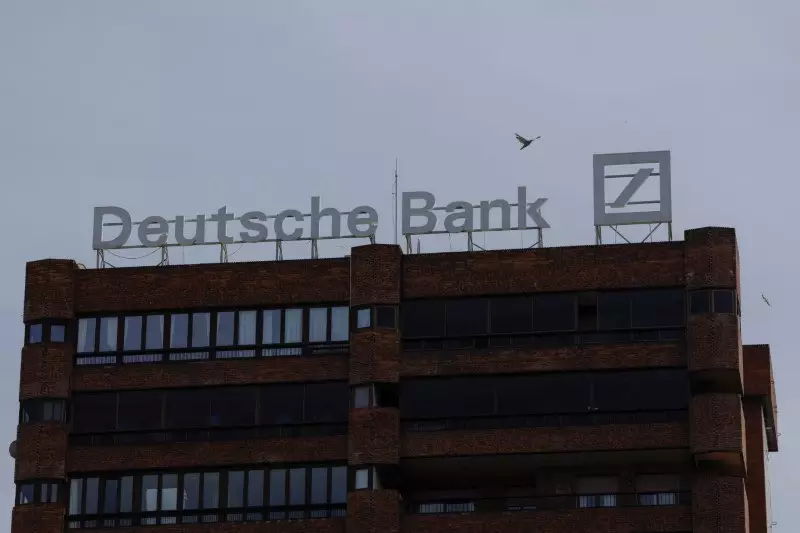Deutsche Bank’s attempt to settle with shareholders who sued the bank for underpaying them for the acquisition of Postbank has hit a roadblock. The lawyer representing the plaintiffs, Jan Bayer, dismissed the bank’s offer as inadequate, referring to it as a “crackhead” offer that stands no chance of acceptance. This rejection sets the stage for a prolonged legal battle that has already plagued Deutsche Bank for years.
If a settlement were to be reached, it would mark a significant milestone in a litigation process that has cast a shadow over Deutsche Bank’s reputation. The bank had to set aside a substantial amount of 1.3 billion euros in anticipation of a possible payout, highlighting the seriousness of the situation. However, the recent offer of 36.50 euros per Postbank share fell far short of the plaintiffs’ expectations, leading to further discord.
Past Acquisitions
Deutsche Bank’s acquisition of Postbank dates back to the turbulent times of the 2008 global financial crisis. The intention behind the move was to expand the bank’s presence in Germany and secure a reliable income source. However, what was envisioned as a strategic partnership turned into a legal quagmire, subjecting Deutsche Bank to consumer complaints, regulatory scrutiny, and now costly lawsuits.
Legal Battle
For years, the dispute over the alleged underpayment in the Postbank acquisition has been making its way through the courts. The recent indication from a court in Cologne that seemed sympathetic to the plaintiffs’ case prompted Deutsche Bank to make the unexpected provision for potential claims. This development not only derailed the bank’s plans for rewarding investors but also resulted in a quarterly loss, ending its profit streak of 15 consecutive quarters.
As the Cologne court prepares to hold a hearing on the matter and possibly make a ruling, the dispute seems far from being resolved. Despite urging both parties to consider a settlement, the wide gap between Deutsche Bank’s offer and the plaintiffs’ expectations continues to pose a challenge. Jan Bayer’s recommendation to his clients to await the court’s decision reflects the uncertainty surrounding the case and the desire for a fair resolution.

